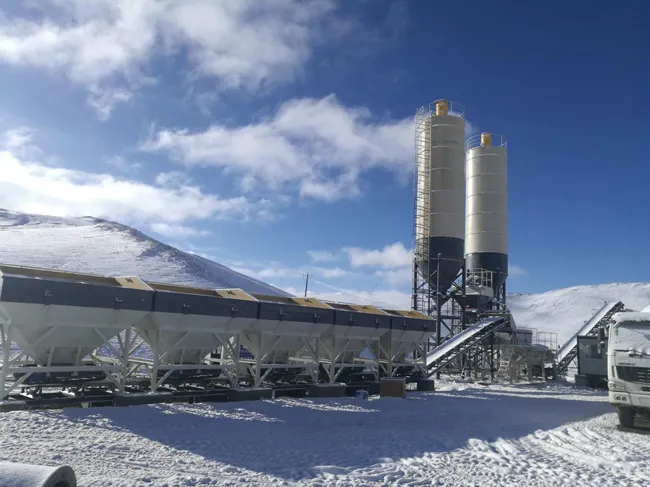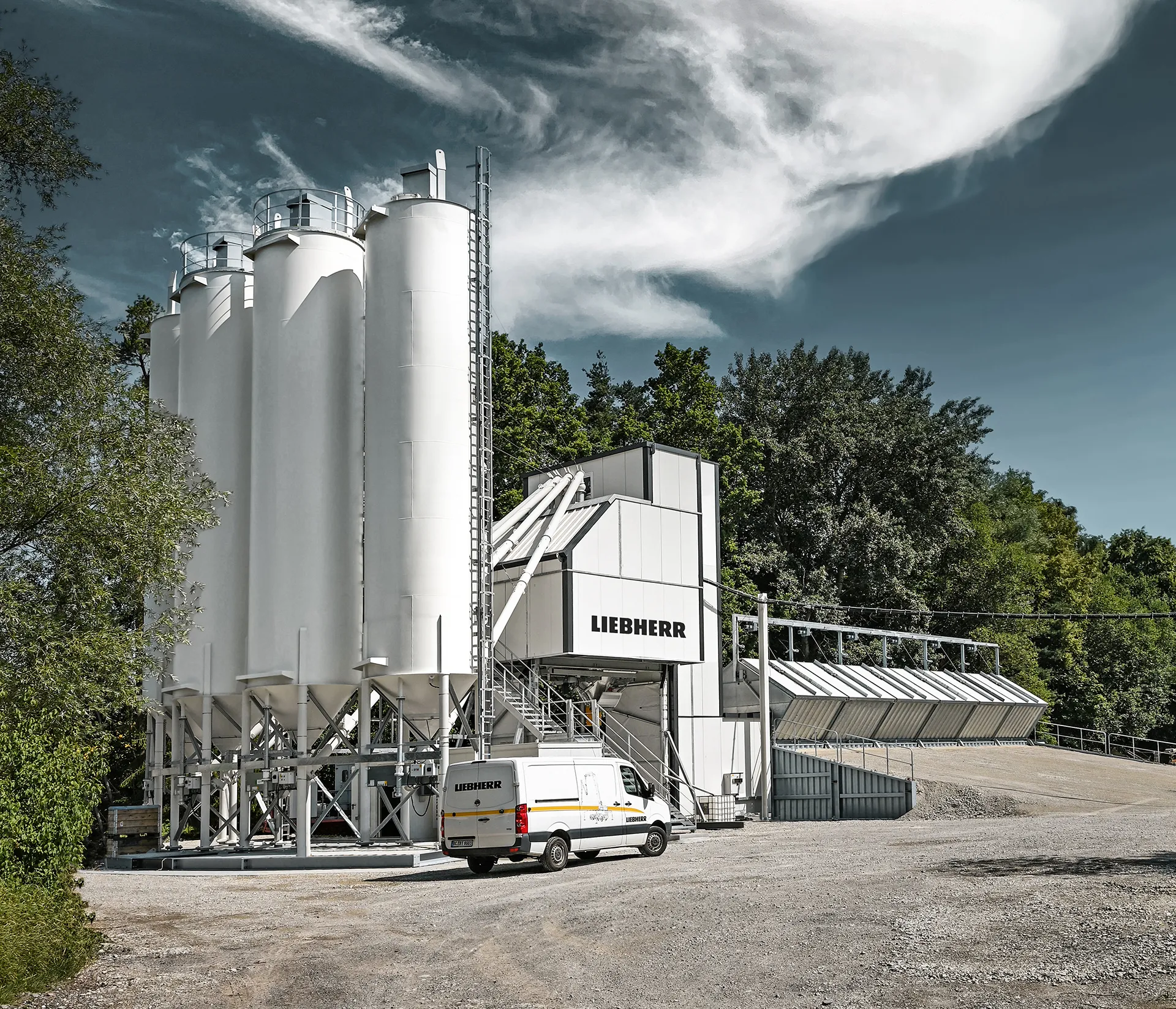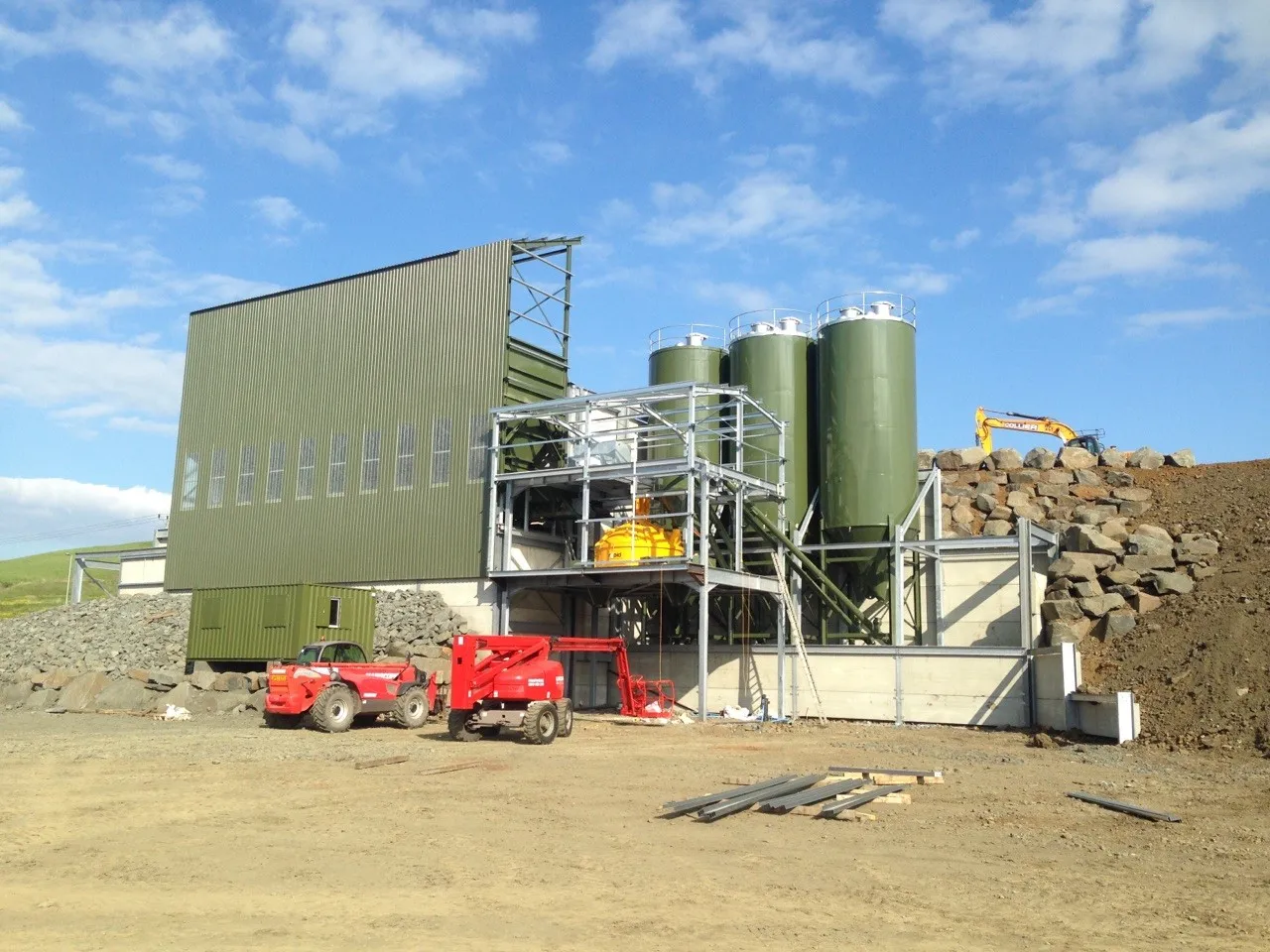
The installation is for a project that forms part of China’s Grand Western Development and Belt and Road Initiative. This was a part of the demand for four cost-effective, high-speed stabilised soil mixing plants. To construct such a giant equipment on the plateau presented a huge challenge as the area has a harsh environment, with low temperatures, strong sunlight and overexposure to ultraviolet rays. But
The XC800S machine features a combination of technologies used for stabilised soil mixing. This material is also used for highway and sub-base construction and road projects at different levels. It features a number of key improvements and refinements over previous models in the XC series. The machine is equipped with a dual-mixing system and compact cement transition chamber.
According to XCMG, the unit features eco-friendly and energy-saving characteristics and a number of its systems are patented.
The machine has a novel double-pan splitting-layer mixing technology, which increases mixing time and improves mixing uniformity. The machine also has computer-based control technology that allows an operator to add ingredients, set parameters and carry out data management. The computer control also takes care of error compensation and fault diagnosis and can be used to save and print reports. Its innovative transition chamber and automatic and fast high/low level material feeding technology ensures optimisation of the cement levels and material pressures in the mix chamber. It also benefits from double-bellow sensor metering technology, which is said to improve the metering precision of aggregate and ensures the mixing uniformity of finished materials.
The XC800S is equipped with a batching system that can be used under different working conditions. The unit has a multiple powder material provision system for various stabilisers, a durable and reliable large-volume, low-level double-horizontal-shaft with innovative mixing technology.









